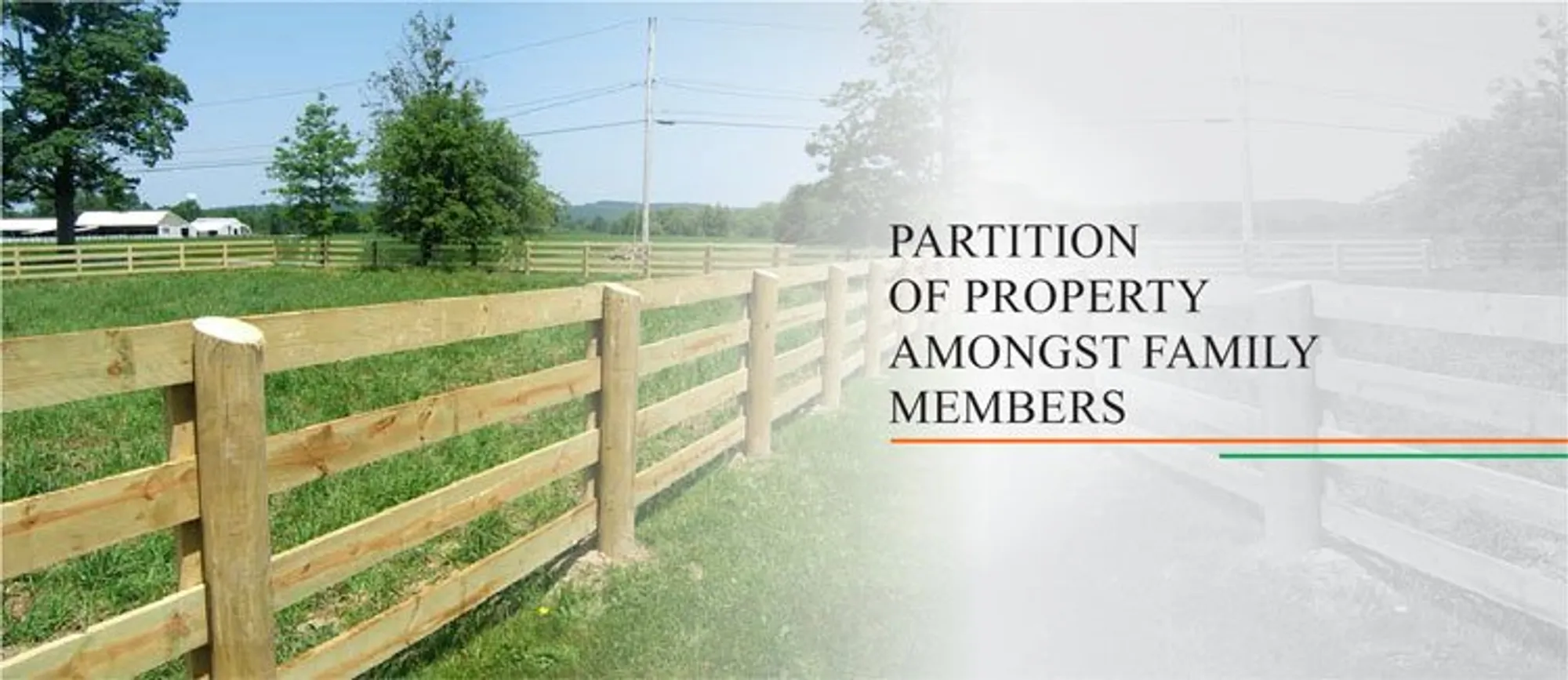Ever since the beginning of time, the property is deemed to be a mark of high economic status. Numerous displays of family disputes over property in movies and novels, only go on to prove this point. The partition of property amongst family members may be:
Contested – In this case, a lawsuit may be filed in the court, and the decree passed by the court on the basis of the inheritance document or facts of the case, will be binding.
Uncontested – In this case, the following may be drafted:
Partition Deed – It allows a joint division of the family property, amongst its members, as per the law applicable to them, so that each member becomes an owner of the share allotted to him.
Family Settlement – It does not require registration and stamping like a partition deed, however, as per Halsbury’s Laws of England- It is an agreement of compromising the doubtful or disputed property rights and avoiding litigation to save the family honour. In Lala Khunni Lal v. Kuwar Gobind, the Privy Council held that courts must give full force to family settlements, which are bona fide and without fraud.
Table of Contents
Advantages of family settlements
- Capital Gains tax does not arise because such transaction is not treated as a transfer.
- Clubbing provisions of land will not be applicable on the same.
- There is equitable distribution of property, rather than claiming as per laws applicable.
- Registration of oral agreements is not necessary.
Essentials for family settlements
Registration is necessary when you are doing partition of property amongst family members where the terms of the family settlement are reduced to writing, and any unregistered document shall not be admissible as evidence in the court. However, there is a difference between the document containing terms and recitals of the family settlement and a memorandum prepared for the purpose of record or information of the court for making necessary mutation.
Features of the divided property
- It acquires a new title and each owner gives up his interest in the share of the co-owners.
- Each owner may sell, transfer, exchange or gift his property as its absolute owner.
- The property in share is inheritable.
- If an NRI or Person of Indian Origin (PIO) inherits such property, wealth tax will not be attracted to it.
- If the division is done by way of a partition deed, it is necessary to register it in the office of the sub-registrar, as it creates new owners of the property. The deed should also contain the date from when the partition is effective and names of parties with respective shares.

